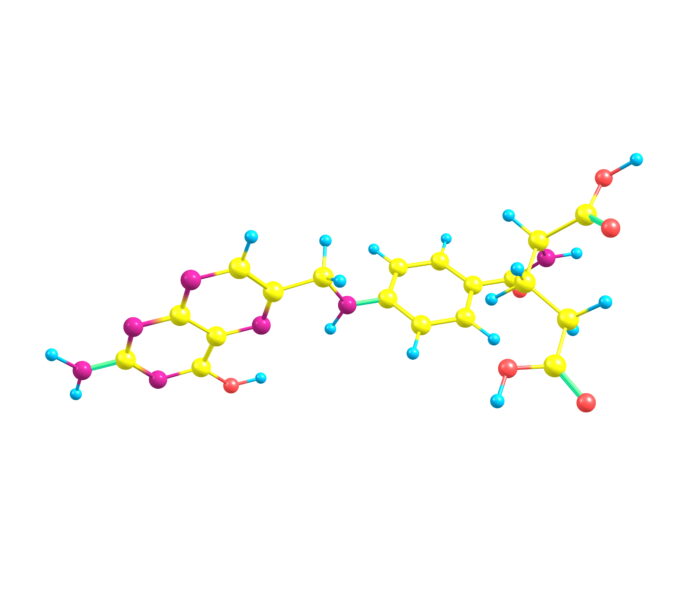This year marks 31 years of unequivocal evidence from the British Medical Research Council randomized trials that maternal consumption of folic acid (vitamin B9) around the time of conception markedly reduces spina bifida and anencephaly (SBA). In response, many countries have implemented food fortification with folic acid, and the efficacy of mandatory folic acid fortification has been established through systematic reviews and meta-analyses. However, more than 100 countries worldwide still do not implement mandatory folic acid fortification. Due to this, we are only able to prevent 23% of all folic-acid preventable cases of spina bifida and anencephaly, with more than 215,000 pregnancies still impacted by these birth defects worldwide every year.
In the US, mandatory folic acid fortification has been implemented since 1998. This public health intervention has yielded a sustained prevention of spina bifida and anencephaly, averting about 1,300 births with SBA annually, with a fortification cost-benefit ratio of 1:150. Similar benefits can be achieved in all countries implementing folic acid fortification which is a safe and effective public health intervention. There is sufficient incontrovertible evidence to urgently endorse universal fortification as a component of global health equity.
Evolution of GAPSBiF
The Global Alliance for Prevention of Spina Bifida (GAPSBiF) is a coalition of neurosurgeons, public health professionals, physicians and civil advocates founded in 2019 with a mission of utilizing science-based advocacy to attain global fortification of folic acid for elimination of SBA. GAPSBiF has grown exponentially since its inception and now includes neurosurgeons from around the world, leaders from the G4 Global Alliance for Surgery and leaders from the World Health Assembly (WHA). Multiple levels of activity are being pursued:
- A WHA Resolution was introduced at the May 2022 meeting of the WHA by the Columbian delegation. The resolution calls upon member states to uniformly embrace folic acid fortification of grain, rice, salt and other foods to markedly decrease the prevalence of SBA.
- Identify neurosurgical colleagues in countries that do not fortify and foster relationships to provide support that helps them advocate for folic acid fortification through their Ministry of Health. This includes both printed and in person consultation with world experts in fortification, distribution and monitoring of the resolution and enforcement of the resulting legislation.
- Draft manuscripts that call attention to the current crisis, the resultant human suffering and the excess resource strain for healthcare systems related to this nutritional deficiency.
- Support SBA recurrence prevention and after-care programs through the G4 Alliance. The G4 Alliance is a non-governmental organization representing more than 80 organizations in 160 countries and advocates for access to safe, essential and timely surgical, obstetric, trauma and anesthesia care by being a champion for neglected surgical conditions.
Diplomatic Discussions at the 75th WHA
Representatives of GAPSBiF, in partnership with the G4 Alliance, recently attended the 75th World Health Assembly (WHA75) in Geneva. With the support of the G4 Alliance and the Colombian Ministry of Health, GAPSBiF hosted a special event designed to bring awareness and vital information to the WHA attendees. The event included clinical, epidemiological, civil and patient advocates who each supported the call to action. The primary goal of this meeting was to introduce and support the WHA resolution, calling for mandatory folic acid fortification worldwide and to bring attention to the importance of SBA prevention to key stakeholders, such as ministers of Health.
GAPSBiF was able to secure commitment and support from Dr. German Escobar (Columbian vice-minister of Health) and had productive discussions with health delegations from Ethiopia, Malaysia, Ecuador, Turkey and beyond. Neurosurgeons advocating for their patients dates back to the days of Harvey Cushing. GAPSBiF extends this long history of neurosurgical advocacy for patients to a new realm. By utilizing neurosurgical partnerships and working with the WHA, the G4 Alliance, the American Association of Neurological Surgeons and other critically important organizations, it has the real opportunity to impact global fortification policy and thereby profoundly reduce the prevalence of SBA in the immediate and foreseeable future.








